Dhaka, September 01 — After multiple extensions, former Inspector General of Police (IGP) Benazir Ahmed and former revenue officer Matiur Rahman have finally submitted their asset statements to the Anti-Corruption Commission (ACC). The two former officials, who have been under scrutiny for their substantial wealth accumulation, submitted the details of their assets, including those of their family members, last Thursday. This was confirmed by a senior ACC official.
The deadline for submitting these asset declarations had been extended twice before the former officials complied. The ACC will now review the submitted accounts and cross-reference them with the findings of its ongoing investigation. If the investigation reveals that either official has acquired assets beyond their declared income, the ACC is prepared to file cases against them.
Reports have previously surfaced, highlighting the significant wealth amassed by both Benazir Ahmed and Matiur Rahman. Public and media scrutiny has centred on how these former government employees managed to accumulate such vast assets while serving in official capacities.
As part of its investigation, the ACC has so far identified substantial holdings in the name of Benazir Ahmed and his family. These include 697 bighas of land, shares in 19 companies, 12 flats in Dhaka, savings certificates worth Tk 30 lakh, 33 bank accounts, and 3 Beneficiary Owners (BO) accounts. These assets have been frozen by court order. However, media reports suggest that the actual wealth of Benazir and his family could be even higher than what has been uncovered so far.
In parallel, the ACC has gathered evidence indicating that Matiur Rahman and his relatives own at least 65 bighas of land, 8 flats, 2 resorts and picnic spots, and 3 industrial establishments. The ACC has also frozen bank accounts, mobile financial services accounts, and stock market BO accounts linked to Matiur Rahman and his family members. Additionally, a court order has barred Matiur, his first wife, and their child from leaving the country.
The next steps in the ACC's investigation will depend on the outcome of the verification process of the asset declarations submitted by the two former officials. If any illegal wealth is discovered, the ACC has stated that it will take legal action to prosecute those involved.
This investigation continues to draw public interest as it raises questions about corruption and wealth accumulation within government ranks. The ACC's actions demonstrate a commitment to holding public officials accountable and ensuring transparency regarding asset declarations.




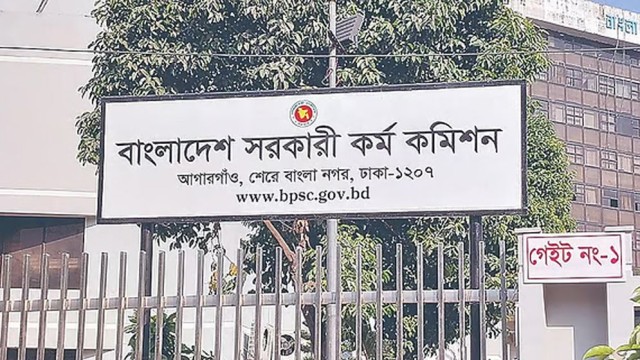
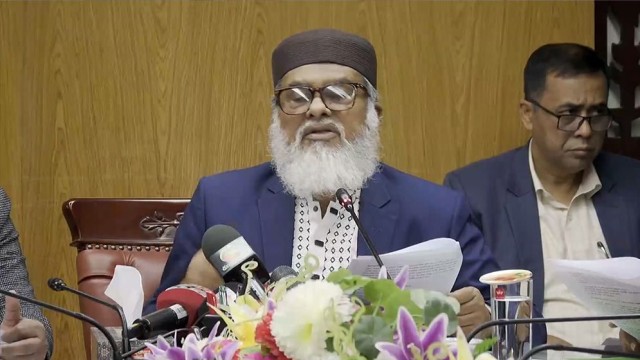
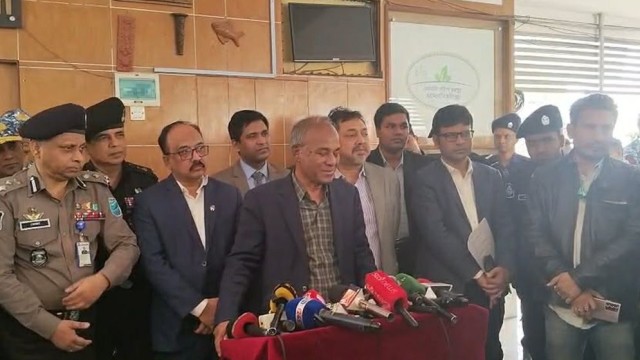


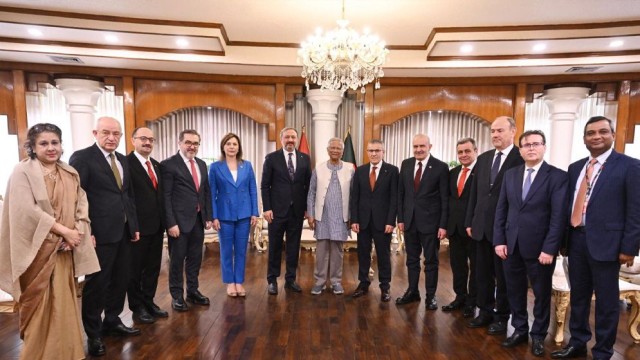





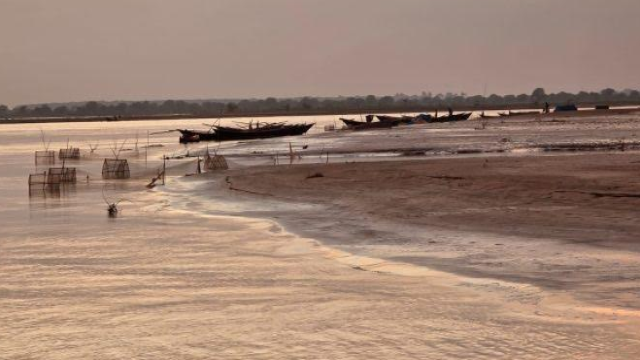
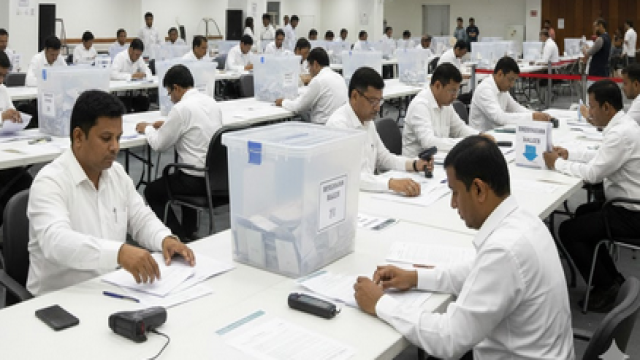
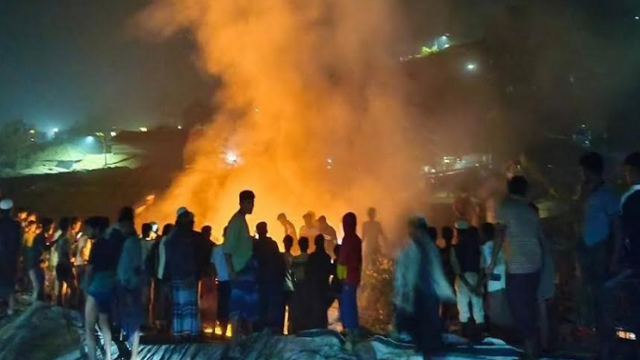

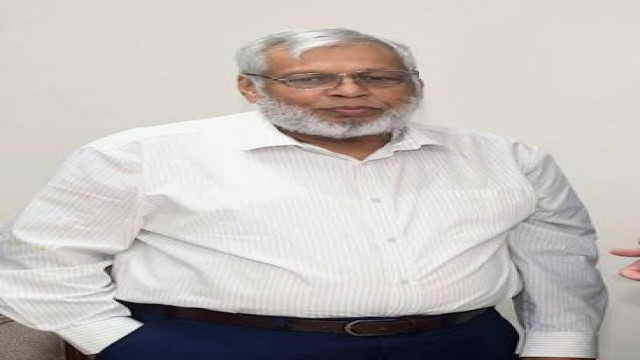











Comment: